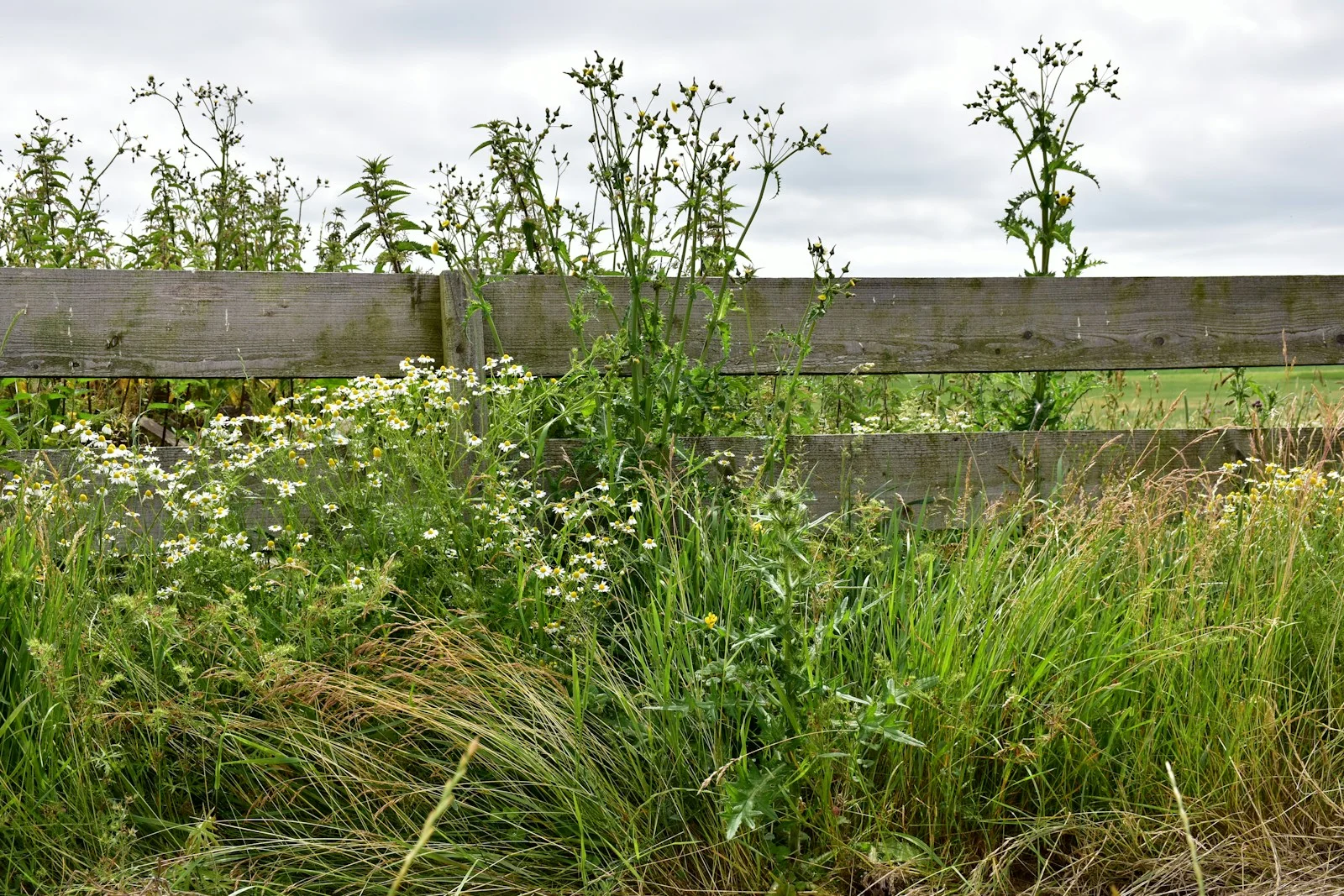Party walls can be a source of confusion and concern for homeowners in the UK, especially if they are planning building work that could affect a shared wall. Whether it’s a loft conversion, an extension, or a basement excavation, understanding party wall agreements and regulations is crucial. This comprehensive guide aims to demystify party walls for homeowners, providing clarity on the regulations, rights, and responsibilities involved.
What is a Party Wall?
A party wall is a shared wall, typically between the properties of two homeowners, but it can also be a wall in a row of terraced houses. It can also include garden walls that separate properties but are on the boundary line. Party walls are a common feature in the UK, given the prevalence of terraced and semi-detached housing.
Types of Party Wall Agreements
- Party Wall Act: The Party Wall etc. Act 1996 is the legislation that governs building work that affects party walls. This includes work such as building new walls, cutting into a party wall, and excavating within certain distances of a neighboring property. Homeowners must notify their neighbors about their intended work if it falls under the Act.
- Party Wall Award: If a neighbor dissents to the initial notice, a Party Wall Award is required. This is a legally binding document agreed upon by both homeowners or appointed surveyors, which sets out the manner in which the work should proceed. It includes details such as the working hours, access arrangements, and the condition of the adjoining property prior to work.
Notifiable Works
Under the Party Wall Act, certain types of building work are considered ‘notifiable.’ These include:
- Cutting into the wall to insert a steel beam for a loft conversion.
- Removing chimney breasts that are attached to a shared wall.
- Excavating near a neighboring property for the purpose of foundations.
Serving Notices
- Building Owner Notice: The homeowner planning the building work is termed the ‘Building Owner.’ They are required to serve a formal notice to the adjoining owners, informing them of the intended work. This should be done at least two months before the work is scheduled to begin.
- Adjoining Owner Response: The adjoining owner can either consent or dissent to the proposed work. If they consent, the building owner can proceed as planned. If they dissent, a Party Wall Award will be required.
The Role of Party Wall Surveyors
Appointing Surveyors
If an adjoining owner dissents to the notice, each party can appoint their own Party Wall surveyor. Alternatively, a single ‘Agreed Surveyor’ can be appointed jointly by both parties. The surveyor(s) will then prepare the Party Wall Award, outlining the rights and responsibilities of the parties involved.
Surveyor’s Duties
- Assessing the Proposed Work: The appointed surveyor(s) will assess the potential impact of the proposed work on the adjoining property. This may involve conducting surveys and inspections to determine the condition of the party wall.
- Preparing the Party Wall Award: The surveyor(s) will prepare the Party Wall Award, which includes the agreed-upon details of the proposed work and any protective measures to be implemented to safeguard the interests of the adjoining owner.
Rights and Responsibilities
Building Owner’s Responsibilities
The building owner undertaking the work must:
- Ensure that the proposed work complies with the Party Wall Act and the terms of the Party Wall Award.
- Cover all costs associated with the surveyor(s) and the necessary protective measures for the adjoining property.
- Provide adequate notice to the adjoining owner and obtain the necessary permissions.
Adjoining Owner’s Rights
The adjoining owner has the right to:
- Dissent to the proposed work and request alterations to the Party Wall Award if necessary.
- Have their interests and property safeguarded throughout the building works.
- Be compensated for any damage or inconvenience caused by the building works.
The Bottom Line
Understanding party walls is essential for homeowners in the UK, especially when planning construction or renovation work that could affect shared walls. By familiarising themselves with the Party Wall Act, serving proper notices, and engaging with surveyors when necessary, homeowners can navigate the process smoothly and ensure compliance with legal requirements.
Ultimately, clear communication and adherence to the regulations can pave the way for successful building projects while maintaining positive relationships with neighboring property owners.






